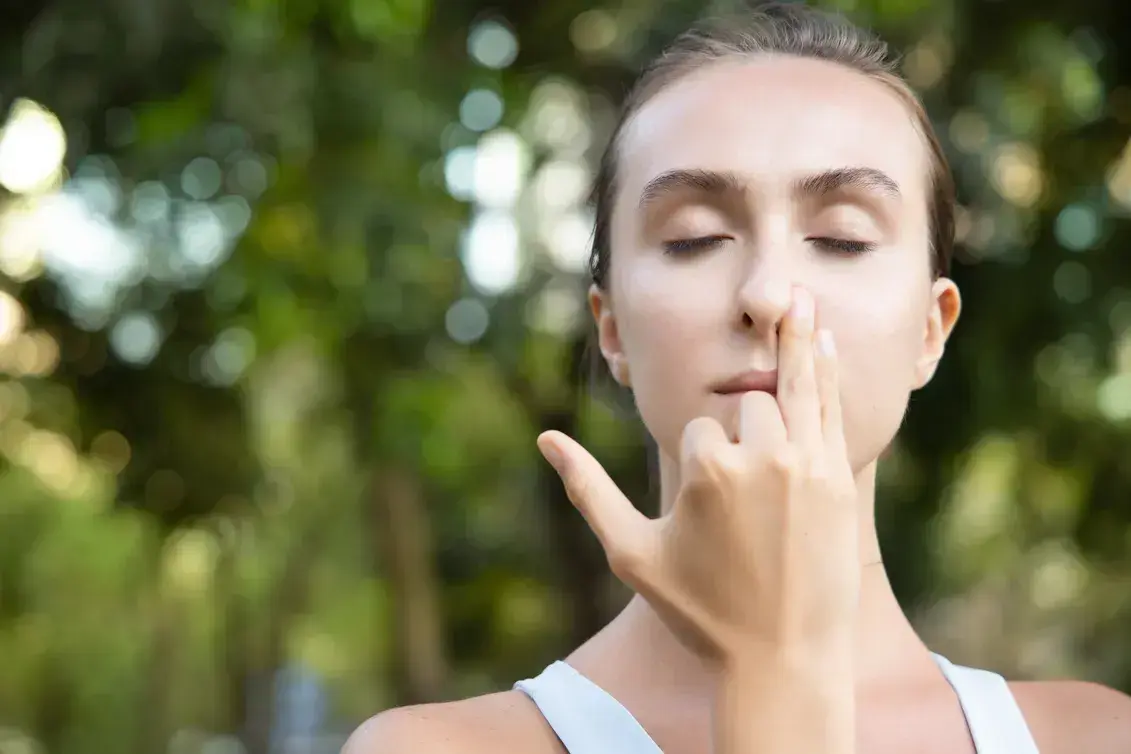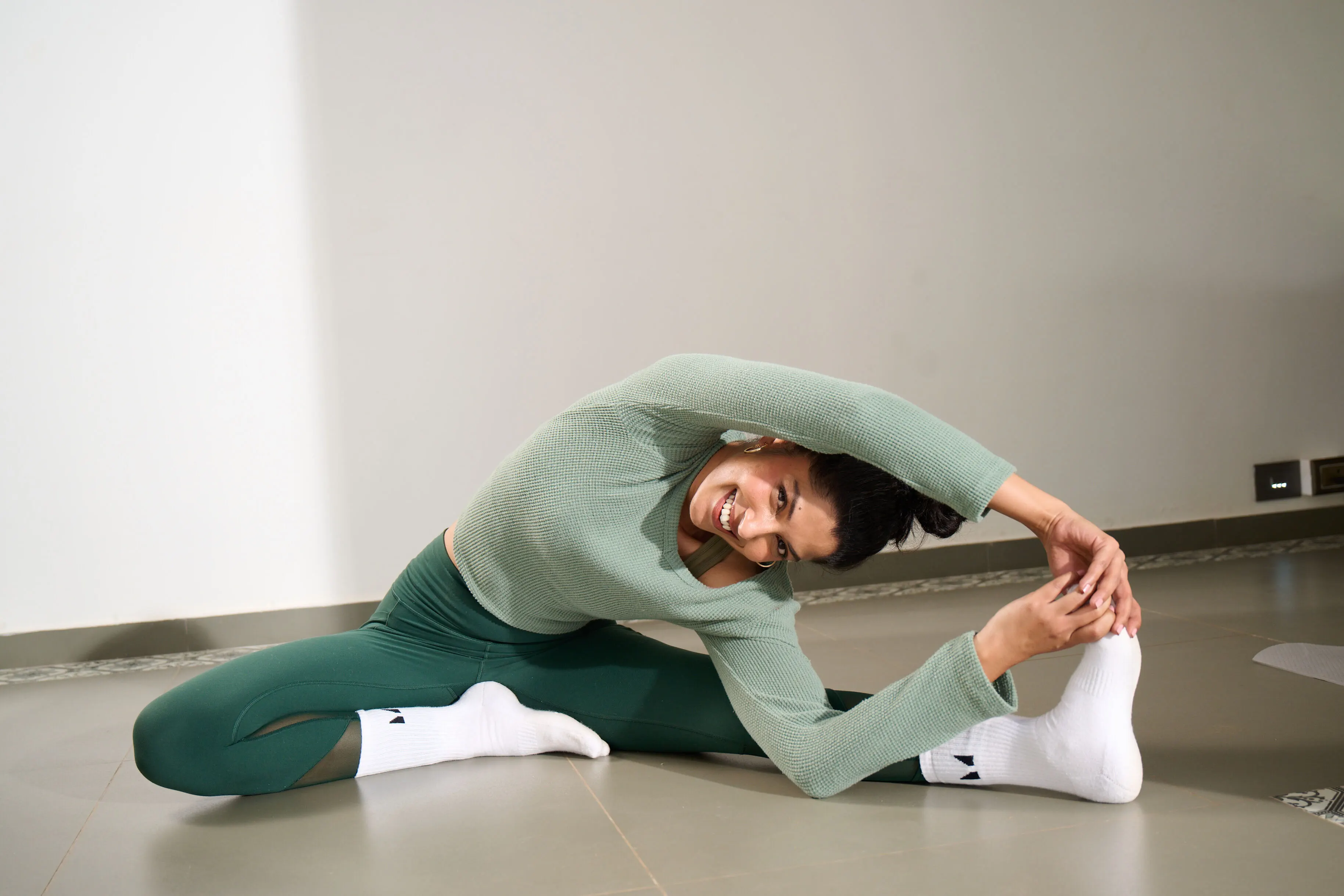Burning the midnight oil for an exam, a big meeting or because your little infant won’t stop crying? Feel like you’re on edge all the time, fearing something unfortunate is going to happen any minute? Without realizing, has this become your new normal? What might have started out as momentary tension or worry has become your everyday, resulting in stress and anxiety.
What is Stress and Anxiety?

Let’s first understand a physiological response called the ‘Fight or Flight Response’. A constant reaction to an uncomfortable or stressful situation causes a response called ‘Fight-or-Flight’. It is your body’s response to triggers that cause you to think “Oh no!” or “Ugh, not again” or “Damn, how do I get through this?!”, among many other such stress inducing reactions. At this moment, our bodies go into a ‘Fight or Flight’ mode which releases the stress hormone called Cortisol. Elevated cortisol levels then lead to many health issues like increased blood pressure and heart rate, binge eating, weak respiration and even substance abuse.
Repeated instances tend to make the body overreact even to non-threatening instances and this becomes a habit within us. And, when this is a habit, we start fearing what’s coming next. We start worrying about the future all the time. This is anxiety kicking in.
How do you know if you have Stress and/or anxiety?

Sleepless nights or insomnia, fatigue, difficulty concentrating, constant irritability, mood swings, feeling low or demotivated are all common mental and emotional signs that you are under stress. Chronic, persistent worry without an actual trigger, in addition to these symptoms, are signs of anxiety.
Physically, you experience muscle tension or pain, loss of appetite or the urge to overeat, or even eat at odd hours, digestive troubles, headaches, a pounding heart, increased blood pressure, sweating, fast and shallow breathing are all signs of stress and anxiety.
What are the common causes of Stress and Anxiety?
Stress and anxiety are commonly caused by everyday, external triggers such as:
- Pressure at work, school or to perform at a game
- A hectic daily routine or expectations of or from loved ones
- Unhealthy or random eating habits
- Coping with changes and challenges
- Excessive physical strain or over-exercising
- Expectations and desires that are not met
- Uncomfortable or fearful situations like public speaking, driving in traffic, etc.
- Traumatic or tragic situations like death, divorce or an uncontrollable disaster
- An overall unhealthy lifestyle
How do you overcome this?
When we are stressed, the sympathetic nervous system is activated. Till our brain continues to send the message that the trigger or the danger is still there, the cortisol hormone is released. This keeps the muscles tense and body on high alert. On the other hand, when the threat is over or to consciously lower cortisol levels, stimulating and activating the parasympathetic nervous system is important.
The parasympathetic nervous system slows the stress response by releasing hormones that relax the mind and body, and slowing many of the high energy functions of the body. It promotes the ‘rest and digest’ response. When the parasympathetic nervous system is active, our mood improves, the immune system strengthens and blood pressure reduces, among other things.
Another important factor is the vagus nerve, our body’s silent super power or secret weapon! It is the longest cranial nerve that runs from the brain to the abdomen, and connects to all internal organs. Stimulating the vagus nerve sends a message to the brain to relax and destress. It balances the fight-or-flight response and helps activate the parasympathetic nervous system, making you feel calmer.
How does yoga help you to relieve stress?
We know, all of this sounds very science-cy and complex. But it’s not. Simple practices can help you keep the vagal tone healthy, activate or balance the parasympathetic nervous system and change your perspective or belief in situations, which will gradually start reducing your stress and anxiety.
A study conducted by Harvard Medical School says that yoga practices can reduce the impact of exaggerated stress responses and may be helpful for both anxiety and depression. Yoga modulates the stress response systems decreasing physiological arousal such as reducing cortisol levels and the heart rate, lowering blood pressure, and easing respiration.

Yoga practices
Asanas, breathing techniques, deep breathing, meditation, yoga nidra are all various different practices that help combat stress and anxiety.
There are many asanas that work specifically on the autonomic nervous system, while breathwork helps calm the system, improve mindfulness and presence of mind. Meditation and Yoga Nidra (a relaxation technique) help you balance your thoughts and perceptions. Regular practice improves cardiovascular functioning and reduces activity in the limbic system – the part of the brain dedicated to emotions, thus, reducing emotional reactiveness to triggers.
Positive habits
Sometimes, a simple change in lifestyle or building a new, positive habit can make all the difference you need! 2-3 hours of yoga in a week, with live guidance, can change the way you perceive or react to absolutely anything in your entire day. The first few days might be hard, but all you have to do is show up regularly and you’ll soon be addicted to it.
Also the food that you eat, eat fresh wholesome food.

Dropping desires and expectations
Yoga philosophy acts as a guide to well-being. A large part of why we get stressed is because we have expectations of people or events. Or, we have materialistic desires and the possibility of not fulfilling that desire leaves us stressed or anxious. Learn how to let go, internalize and drop external desires or expectations. Our teachers will take you through the 8-steps to well-being in a guided, easy-to-understand manner. You can also engage in live discussions with teachers and fellow participants which will help you understand and implement each aspect with ease.
The Shvasa Way
Our teachers bring you the right understanding and mix of ancient and modern science in approachable modules to help you overcome challenges and concerns. We make yoga work for you. Our yoga programs are designed to work on every muscle of the body, as well as to bring inner peace, hormonal balance and mindfulness, helping you achieve your goals. Join a class 2-3 times a week and you’ll soon begin to experience the positive, life-changing benefits!















.jpg)












%201.png)

%201.svg)






%201.svg)